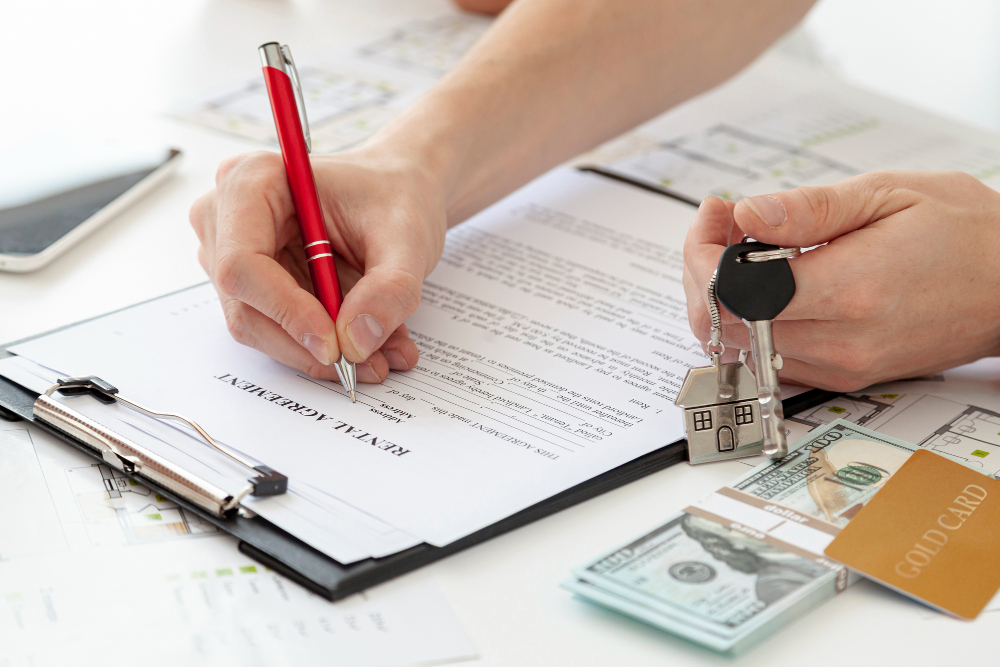

Finding the perfect apartment is an exciting milestone. Once you’ve secured a great spot, the next step is signing the lease agreement. This legal document can seem intimidating with its dense language and numerous clauses. However, understanding your lease is crucial to protecting your rights and ensuring a smooth, positive renting experience.
This guide will walk you through the key components of a standard lease agreement. By the end, you'll know what to look for, what questions to ask, and how to feel confident before you sign on the dotted line. This knowledge will empower you to be a responsible and informed tenant, ready to enjoy your new home without any unwelcome surprises.
A lease agreement is a legally binding contract between a landlord (or property manager) and a tenant. It outlines the terms and conditions of the rental arrangement, detailing the responsibilities and rights of both parties. Think of it as the rulebook for your tenancy. It covers everything from rent payments to maintenance requests, so it’s essential to read it thoroughly before you commit.
Signing a lease means you agree to abide by all its terms for a specified period. Breaking these terms can lead to financial penalties or even eviction, which is why a careful review is so important.
While every lease can differ slightly, most contain standard sections that cover the fundamentals of your tenancy. Here’s a breakdown of the most important parts to pay close attention to.
The first section of your lease should clearly identify all parties involved. This includes the full names of all tenants who will be living in the unit and the name and contact information of the landlord or property management company.
This is one of the most critical sections. It outlines all your financial obligations.
Don’t assume all utilities are included in your rent. This section should clarify who is responsible for paying for services like:
Some apartments for rent in Wilson, NC, might include certain utilities like water or trash collection in the rent, while others require you to set up and pay for everything separately. Make sure this is clearly defined to avoid unexpected monthly expenses.
This part of the lease outlines the community rules you must follow. It’s designed to ensure a peaceful living environment for all residents. Common rules include:
Your lease should explain the process for requesting repairs and how maintenance issues are handled.
This section explains what happens if you need to end your lease early or what the process is for renewal.
Reading your lease agreement carefully is the first step toward a successful and stress-free renting experience. By understanding your rights and responsibilities, you can avoid misunderstandings and build a positive relationship with your landlord. Don't be afraid to ask questions or seek clarification on any points you don't understand before you sign.
If you're currently searching for apartments for rent in Wilson, NC, and want a community with a transparent and supportive management team, we invite you to explore Oasis at Heritage. Our team is happy to walk you through our lease agreement and answer any questions you may have.
Contact Oasis at Heritage today to schedule a personal tour and find your new home.